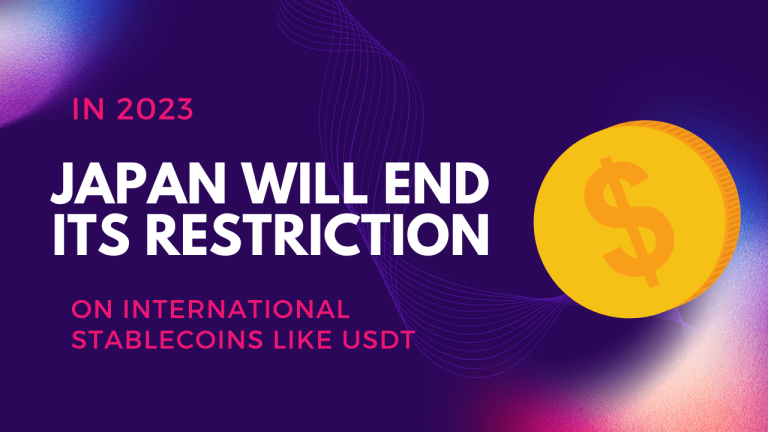After FTX, credit rating regulators can help recover trust in bitcoin
When it is time to assess casts in the bitcoin market, private rating agency might do their review tasks more actually and rapidly than rules.
The crypto industry had a lot of activity during the past year. $50 billion was directly lost from the market when the Terra system and its TerraUSD (UST) algorithmic stablecoin tumbled. And more just, FTX, a stock deal that many felt to be “too big to fail,” tumbled. There hasn’t been a need for drama in this area, as well-known firms and projects have vanished along with investors’ money.
Real rule alert will inevitably be given to space in every major jurisdiction over the next few months to at most a few years, not decades, given the events of this year. Even before the current FTX fiasco, most industry critics seemed to understand this, but now it is abundantly clear.
Credit agencies can move as quickly as bitcoin
The bitcoin industry is fast-moving and quick-moving. Nearly 2,000 new currencies were created between November 2021 and November 2022, increasing the total number of bitcoin by almost 25%. There are always new initiatives and tokens emerging.
However, combining this anonymity with a sizable population of consumers who are often gullible fosters an ideal climate for fraud, con games, and pyramid schemes.
Regarding how time-consuming it is to enact regulation, this might be a problem for controllers. It took more than two years to create and adopt the Market Bitcoin platform for the European Union. The time it takes to review and put safety steps in place will have passed by the time new threats have emerged.
The direct opposite of this would be crypto credit ratings. They would lead the field in the invention. At a rapid rate consistent with the creation of these new products, they might give clients a fairly objective, open-minded analysis of the methods, structures, groups, dangers, and rewards behind various products.
Before they cause issues, bad actors can be stopped.
Rules are placed in place to protect people and dissuade evil actors, but they do not often work. And this applies to more than just Bitcoin. Buyers must steer clear of projects that violate the law because they will always exist in this field.
When we study FTX, this becomes quite clear. The market promised to store clients’ money in a reserve that was fully backed. However, it was uncovered that FTX and Alameda Research wrongly used investors’ money when the balance sheet of the sister business was made public. Users of FTX attempted to withdraw their money as a result. However, FTX was unable to reimburse subscribers because its reserves weren’t adequately backed. The laws in effect at the time should have prevented FTX from engaging in this fraudulent behavior, but they didn’t.
The introduction of rating agencies might have stopped this disaster. The research was done on the platform nine months previously to FTX’s demise, and alarming connections between it and Alameda Research were found. However, the bulk of FTX users was never made aware of this information because it wasn’t widely communicated. This information could have been made more widely known to the public if rating agencies had been in place, enabling customers to deposit their money into safer exchanges.
Credit ratings would be developed by and for bitcoin.
The current financial system favors rich both individuals and organizations. Normal persons who do not satisfy a minimum level of wealth or income in the United States are prohibited from becoming “accredited investors” by law. This means that a regular person must go via a third party, such as a bank or brokerage firm, to enter the stock market; these entities frequently charge a fee for access. Retail investors have less market freedom and access, and their gains are frequently shared with other parties.
This current arrangement might be copied in crypto without careful thought. Standard finance authorities may enforce rules that already exist in the financial sector, such as the income requirement to qualify as an “approved investor,” as was stated before. These arbitrary rules might be enacted in the name of protecting consumers, but they might exclude regular investors from the bitcoin market.
The creator claims that BNB Chain now has more distinct addresses than Ethereum.
BNB Chain is now, according to the developer, “the largest layer 1 blockchain in the world.” Blockchain research reveals that Ethereum and BNB Chain are still smaller networks than Bitcoin.
BscScan estimates that BNB Chain contains approximately 233 million distinct addresses. This suggests that by this criterion, BNB Chain is bigger than Ethereum.
The Bitcoin network, on the other hand, is bigger than both of these networks put together because it has over a billion distinct addresses.
The comment was made as part of the “Year in Review” for BNB Chain. The article also highlighted other notable victories that the BNB network had made during the previous 12 months. The network hit a daily sales capacity of 9.8 million in May and 2.2 million daily active users (DAUs), where DAUs is the number of distinct addresses that engage with a smart contract each day.
The network’s success in 2022 is linked by the creators to a number of this year’s projects. The BNB Sidechain method people these days of distributed systems (DApps) to run their DApps on different network shards, cutting traffic load and transaction.
Second, the team provided a builder grant and a $10 million incentive scheme for DApp developers, which encouraged the development of more DApps for the BNB Chain and increased user interest.
FAQS:
What is now the main issue with crypto staking?
When considering staking, a major concern for many investors is the obligation to lock up assets to receive interest. Although conditions differ depending on the platform and the kind of crypto asset, locking up crypto cash for a specified amount of time is nearly always required.
How can bitcoin staking go better in the wake of the FTX crash?
Millions of dollars are still held in the now-defunct crypto exchange after the FTX crash shocked the industry. Also, because FTX was such a part, the infection quickly extended to other bitcoin players, including many trading behemoths, well-known Defi systems, and digital exchanges.







